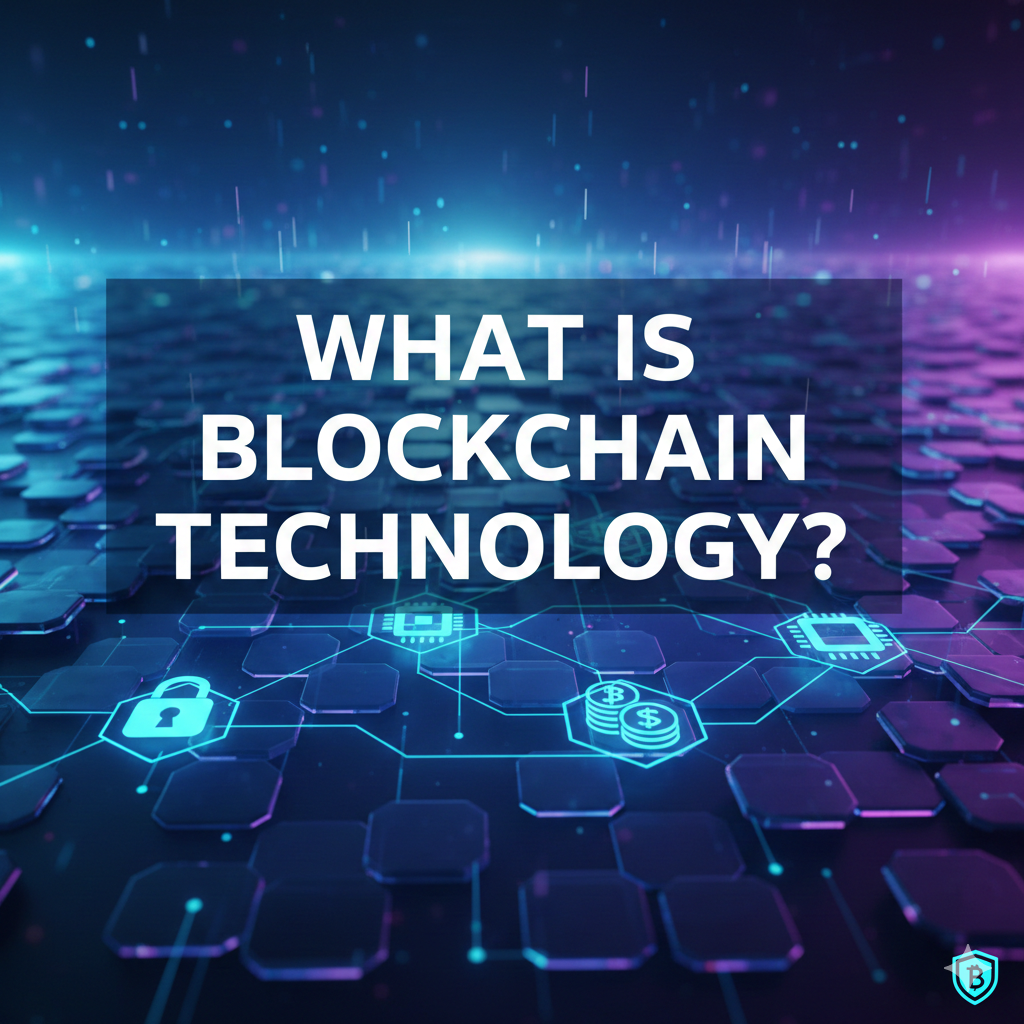Blockchain technology has become one of the most talked-about innovations in recent years. You’ve probably heard about it in relation to cryptocurrency, but its uses go far beyond Bitcoin. So, what exactly is blockchain, and why is it important?
A Simple Definition
At its core, blockchain is a type of digital ledger. It records transactions in a secure, transparent, and unchangeable way. Think of it like a notebook that everyone can see, but no one can erase.Each “block” in the blockchain contains a set of transactions. Once a block is full, it’s linked to the previous block, creating a chain of blocks—hence the name blockchain.
How Blockchain WorksHere’s a simplified breakdown:
1. Transaction Occurs – Someone sends or receives digital assets.
2. Verification – Network participants (called nodes) confirm the transaction is valid.
3. Block Created – Verified transactions are added to a block.
4. Block Added to Chain – The new block is linked to previous blocks in chronological order.
5. Permanent Record – The block becomes part of a permanent, tamper-proof ledger.Because of this structure, blockchain is decentralized, meaning no single person or company controls it.
Why Blockchain Matters
Blockchain technology has several key benefits:
Security: Data is encrypted and nearly impossible to tamper with.
Transparency: Everyone on the network can see the transaction history.
Efficiency: Reduces the need for intermediaries like banks or brokers.
Trust: Users can trust the system without needing a central authority.
Applications Beyond Cryptocurrency: While blockchain is famous for powering cryptocurrencies like Bitcoin and Ethereum, it’s also being used in:
Supply chain management (tracking products from origin to store)
Digital identity verification
Voting systems (secure, transparent elections)
Smart contracts (self-executing agreements)
Final Thoughts
Blockchain is more than just a technology for cryptocurrencies—it’s a revolutionary way to record, verify, and share data securely. Its potential extends to finance, healthcare, logistics, and many other industries, making it one of the most transformative technologies of the 21st century.


